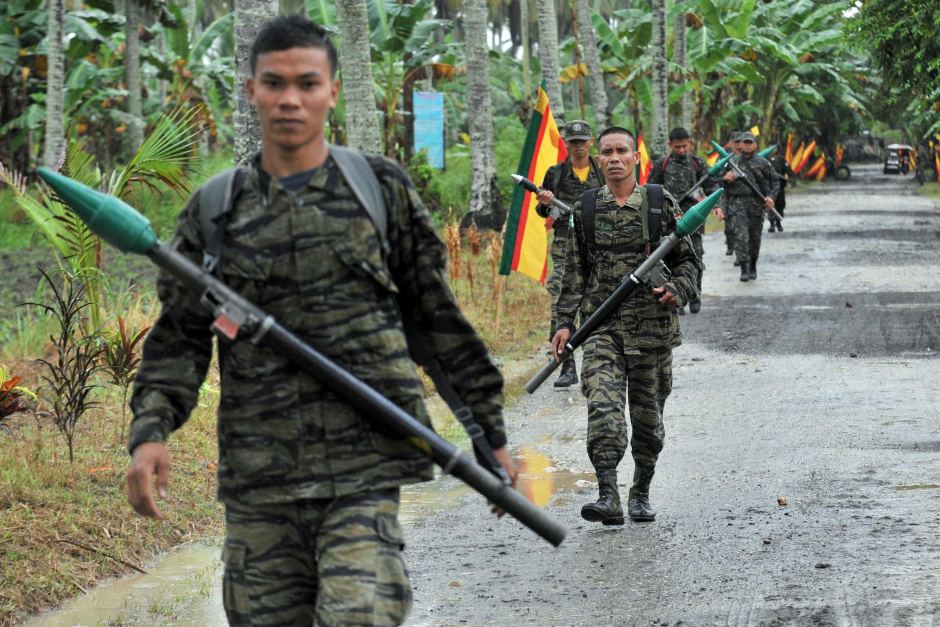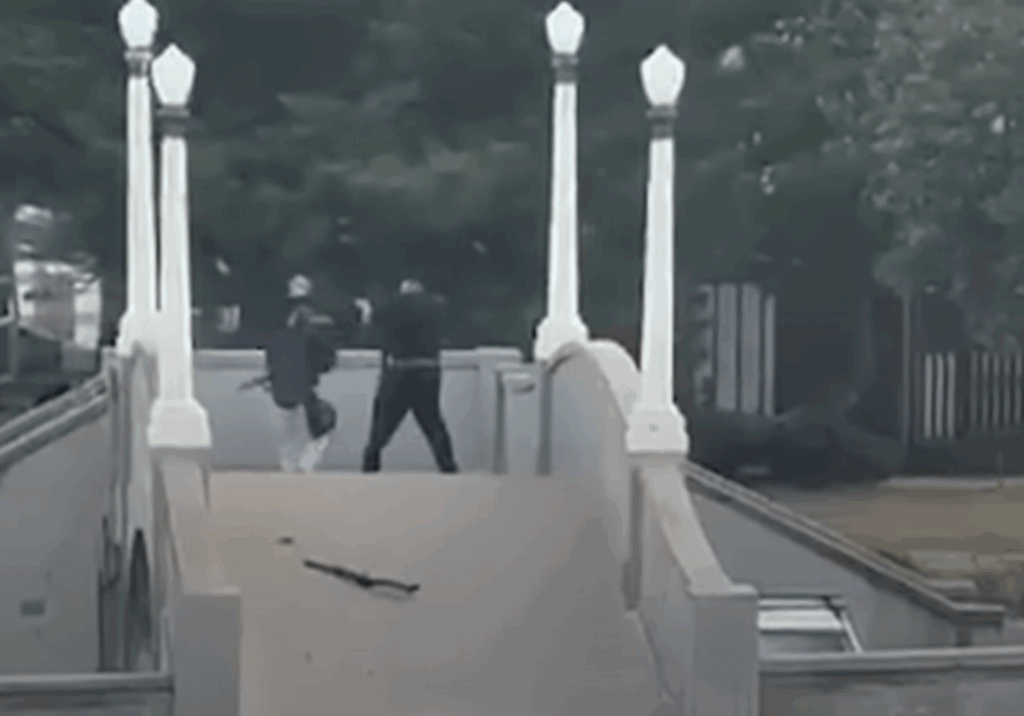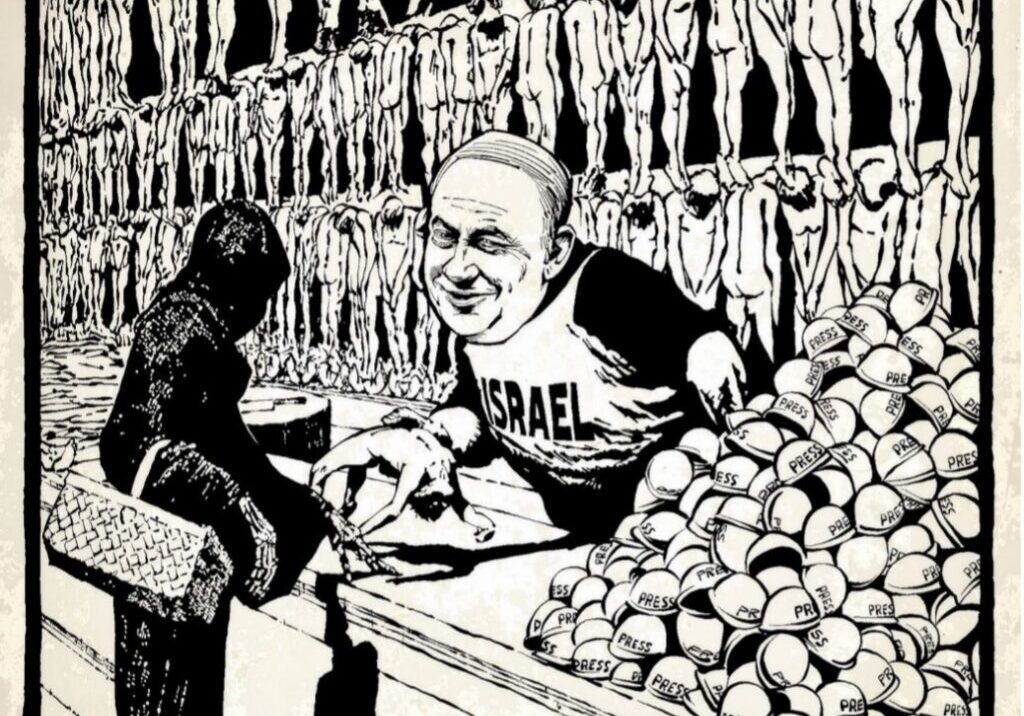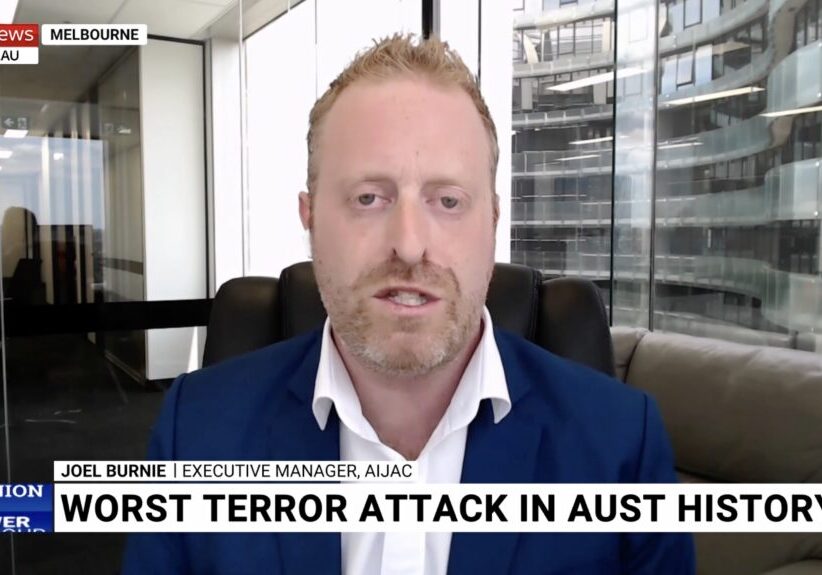Australia/Israel Review
Asia Watch: Not Ready Yet
Dec 21, 2020 | Michael Shannon

The creation of the Bangsamoro Autonomous Region in Muslim Mindanao (BARMM) was meant to herald an era of peace and much needed economic development in the Philippines’ troubled southern region. Yet, the transitional government installed in February 2019 will not be able to meet its reform timetable due to the COVID-19 pandemic and ongoing instability generated by Islamic State-linked militant groups.
Murad Ebrahim, head of the Bangsamoro Transition Authority, has asked Philippines President Rodrigo Duterte for an extension of his term by three years, to 2025, before local voters get to elect their own government.
The menace of Islamic State-aligned groups has stalled a major reform goal – decommissioning the weapons of the former Moro Islamic Liberation Front (MILF) guerrillas – says Murad, the former chief of MILF. The group was once the largest of the guerrilla organisations fighting for a separate Muslim state in the Philippines since 1978. It later dropped its demand for an independent state, and settled for expanded autonomy.
The phased handover of weapons is part of the peace deal with the government that led to the establishment of the BARMM. Each combatant who hands over weapons is expected to receive a cash payment, including money for education. Currently 12,000 firearms, or about 30% of the estimated 40,000 such arms said to be held by MILF members, have been turned over and destroyed.
The decommissioning process has been slow because the former guerrillas have been reluctant to give up their weapons amid ongoing attacks from diehard militant groups. Prime among these diehards are the Islamic State-linked Abu Sayyaf, based in the small, southernmost islands, and the Bangsamoro Islamic Freedom Fighters (BIFF), based in the Mindanao mainland, which broke away from MILF over peace negotiations with the government.
As if to justify the apprehension, about 50 heavily-armed BIFF members attacked a town in Maguindanao province on the evening of Dec. 3, terrorising residents in scenes reminiscent of the Marawi siege of 2017. An army company stationed nearby, along with the town’s small police force, repelled the attack until back-up forces arrived, prompting the militants to withdraw an hour later.
A BIFF spokesman named Abu Jihad said the group torched police vehicles in Datu Piang because it believed police were involved in illegal activities in the town. “The law of Islam prohibits all wrongdoings…we are just enforcing it,” he said over local radio. “We will not stop and no one can stop us until there are no illegal activities in the town.”
While the latest attack paled in comparison with the five-month Marawi siege, it showed that Islamic State-linked groups still have clout in the autonomous Muslim region.
Rommel Banlaoi, chairman of the Philippine Institute for Peace, Violence and Terrorism Research think tank, recently told the Asia Times, “The attack in Datu Piang by pro-IS militants associated with the BIFF is a strong indication that the threat of terrorism in Mindanao persists three years after Marawi liberation.”
Banlaoi cautions that there is no guarantee that the establishment of the new Bangsamoro region would lead to the eventual defeat of pro-IS groups in Mindanao, which, he said, is being seen by foreign militants as their “new land of jihad” after the weakening of IS in the Middle East.
Meanwhile on the southernmost islands, former MILF guerrillas are already helping the police go after militants associated with the Abu Sayyaf, which is now divided into several factions.
Some 39 members of the IS-linked faction of the Abu Sayyaf militant group surrendered to the Philippine military during the first week of December, in the southern islands of Tawi-Tawi and Sulu.
Among those captured was Alsadi Hanain, who is said to have participated in several high-profile kidnappings and executions of foreigners over the past several years, and operated under the command of Hatib Hajan Sawadjaan, the leader of the IS-linked Abu Sayyaf faction.
Sawadjaan is believed to have been killed earlier this year in a clash on the island of Jolo, an Abu Sayyaf stronghold, although the military has not confirmed his death.
The Abu Sayyaf appears to have lost its central leadership, says Murad Ebrahim. “We don’t know now who the real leader is,” he said. “We are also starting to reach out to them, to try to convince them [to give up fighting].”
But the Abu Sayyaf is not only splintered into factions, it appears to be dispersing geographically as well, due to sustained military pressure upon its traditional strongholds.
More Abu Sayyaf activity is being picked up in smaller, outlying islands and even further afield, including off the coast of Zamboanga City, one of Mindanao’s largest cities. All of which points to a heightened risk of attacks in maritime and coastal areas across the not-yet-ready BARMM.
Tags: Asia, Islamic Extremism, Philippines






